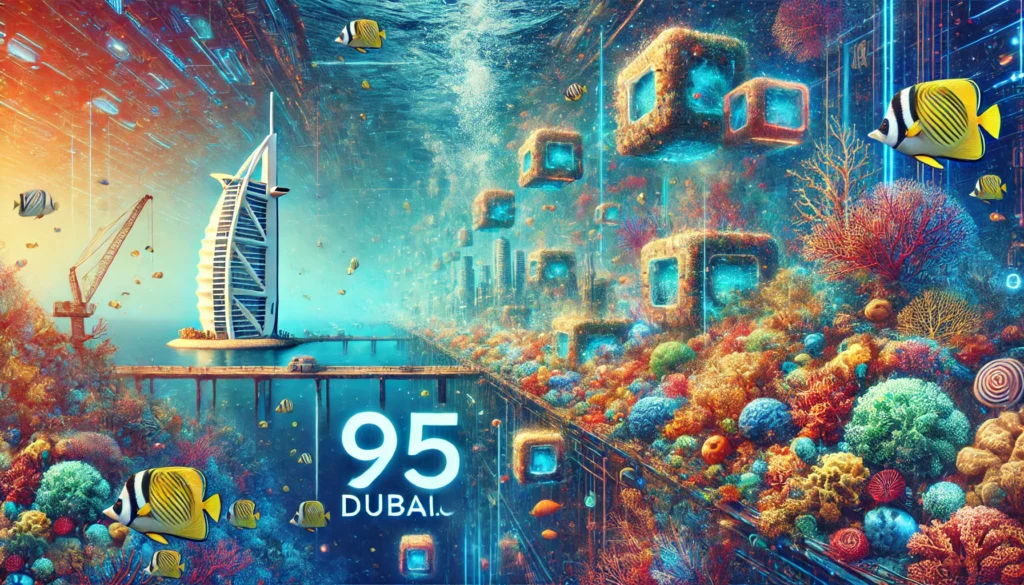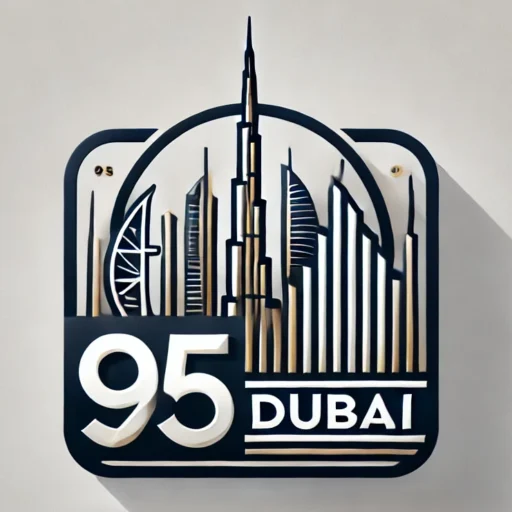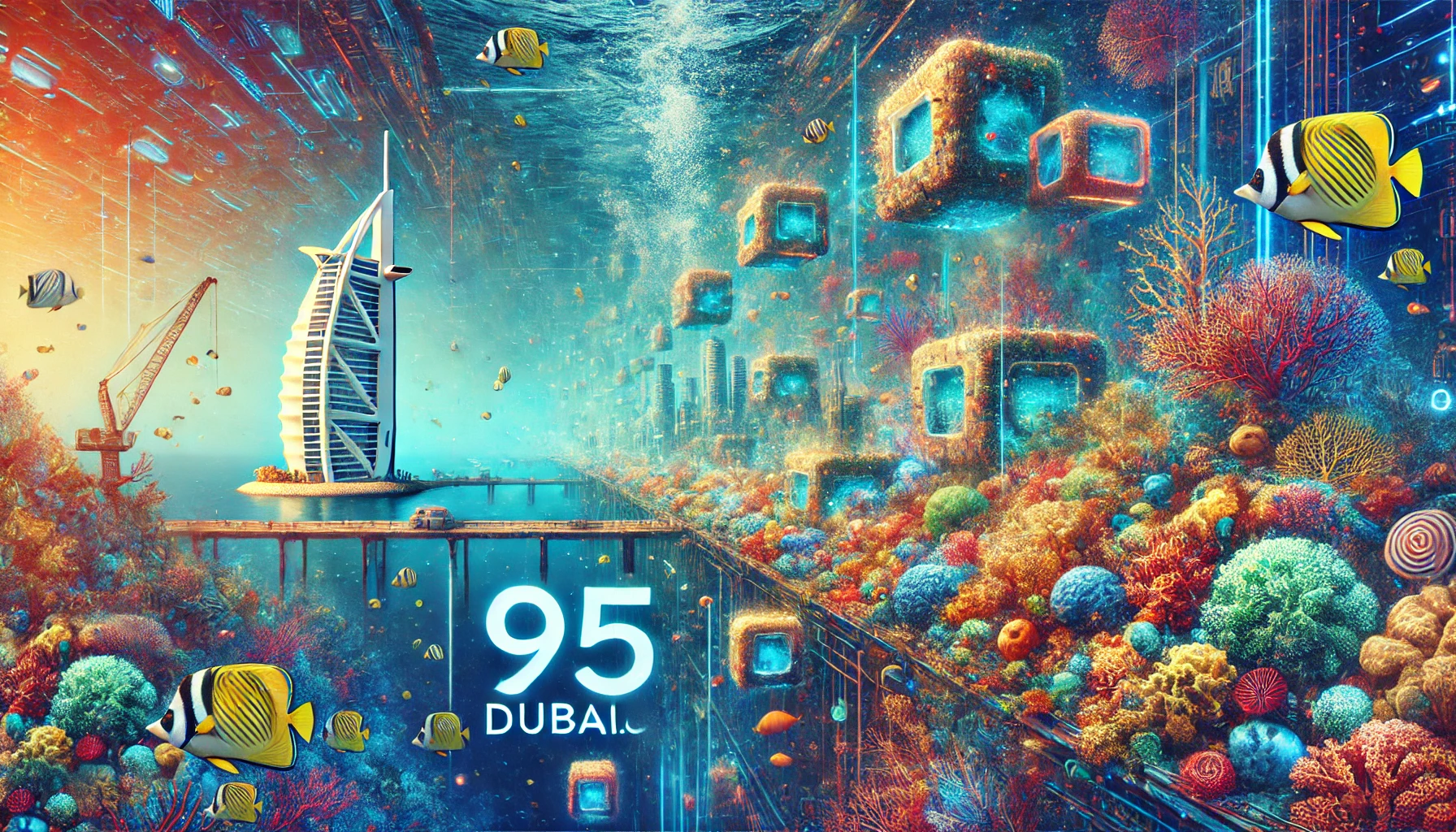Dubai Reef Project Reaches Major Milestone with 1,000 New Artificial Reef Modules to Boost Marine Life and Tourism
A major milestone has been achieved on Dubai’s Dubai Reef project. And they’ve installed 1,000 new reef modules in its waters. This puts the city one step closer to building the world’s largest artificial reef. Dubai stated this was its commitment to marine conservation. It also expands biodiversity. Secondly, it’s sustainable and good for both local and underwater eco systems. It’s worth knowing if you care about the future of sustainable cities.
Dubai Reef’s simple idea. Yet, it’s transformative. The goal is to save natural coral ecosystems in Dubai. They are essential for marine life. Dubai hopes to help create artificial reef. The new modules allow coral to grow. They are the home for various marine species. This helps to restore habitats that are disappearing around the world. In addition, it also serves as a tourist attraction, inspiring local enjoyment. The project is a team effort. It involves marine scientists, local government and environmental organizations. This proves that Dubai is setting out for the adaptation to the climate and the environmental protection.

Read more: Dubai and Abu Dhabi Compete to Become Global Wealth Management Hubs
The special thing about this project is that it mixes technology and marine biology. The reef modules are made from eco friendly materials. These are designed to look like natural coral. Marine life quickly become attracted to this. Artificial reefs are said by marine experts to improve biodiversity. But Dubai Reef is proving successful already. They are starting to move in…sort of. It’s in keeping with global findings. In areas where climate change has harmed natural reef, artificial ones can replace them. By showing that it is possible to grow cities and take care of the environment at the same time, Dubai is proving to be.
This project brings so many benefits. It boosts marine life. It also offers an opportunity for research and education. Dubai Reef will be a learning tool for schools and universities. That’s more people who will understand and care about ocean conservation. But Dubai adds another tourism attraction. You’ll find it to be a good fit for its famous architectural and cultural wonders. It will get more involved in marine conservation, both tourists and residents can benefit.
Read more: Sustainable and Green Buildings: Dubai’s Eco-Friendly Projects
Dubai’s example is a lot to learn from. That is a call to cities around the world. Nature does not need to be sacrificed to urban growth. Revering Coastal City Ecosystems Artificial reefs can be used by coastal cities. It also can help repair damage created by development and climate change. Dubai continues to innovate. Dubai Reef type of project demonstrates that spending on an environment is imperative. Whether you’re an environmentalist, a city planner, or just curious, you have to admire Dubai’s reef project. Human creativity deserts our planet.
Dubai Reef reminds us that big projects often come from small beginnings. If successful, big actions are inspired globally. We all have a role to play. Helping out locally is where you can do it. Fight for marine protection. Be creative in the solutions to environmental problems. Spreading awareness would be the next step. Perhaps it’s starting a similar project in your own city. The ocean’s future doesn’t look so bad with Dubai Reef leading the way.
Read more: UAE & Vietnam Sign Economic Partnership Agreement
References:
- ARN News Centre. Dubai Reef Reaches Key Milestone with 1,000 New Reef Modules. ARN News. October 2024.
- Dubai Media Office. Dubai’s Marine Conservation Projects Expand with New Artificial Reef Modules. Government of Dubai Media Office. September 2024.
- Jones, M. The Role of Artificial Reefs in Marine Conservation. Marine Ecology Today. August 2024.
- Smith, L. How Dubai is Building the World’s Largest Artificial Reef. Ocean Insights. July 2024.
- World Ocean Organization. Artificial Reefs and Their Impact on Marine Life. World Ocean Organization. June 2024.

